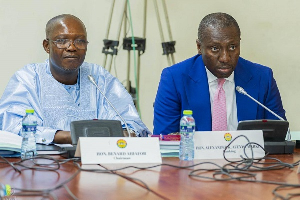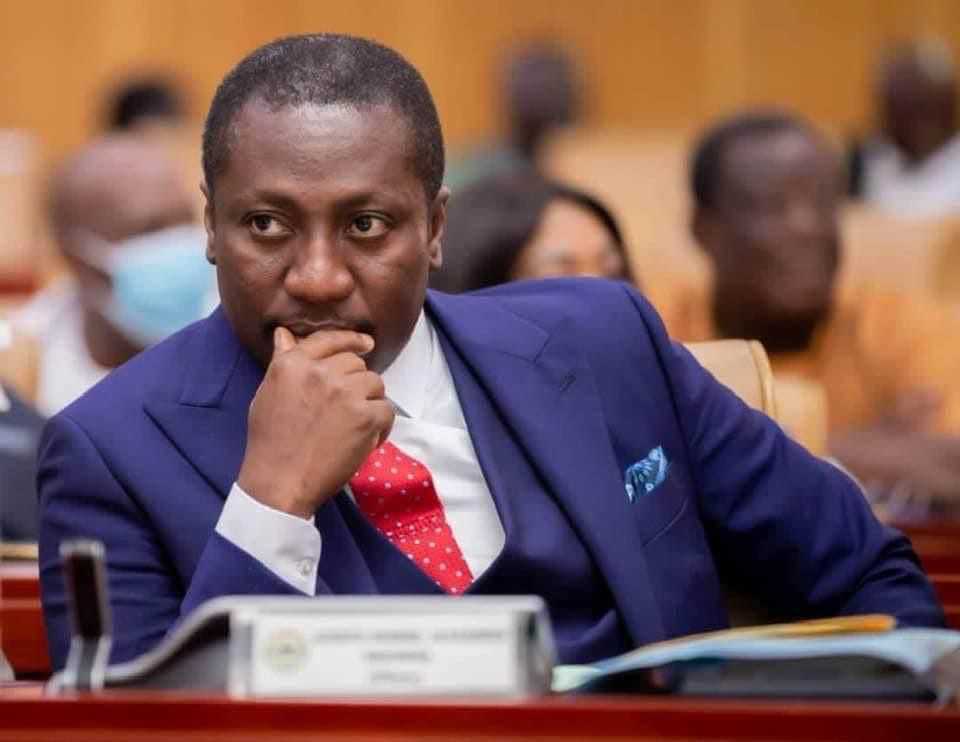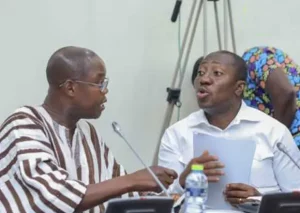Parliament witnessed a dramatic exchange on Tuesday during the vetting of Supreme Court Justice nominee, Hafisata Amaleboba, as Minority Leader Alexander Afenyo-Markin clashed with the Chairman of the Appointments Committee, Bernard Ahiafor.
The tension erupted when Afenyo-Markin questioned the nominee about constitutional implications surrounding former President John Mahama’s decision to impose financial sanctions on ministers who failed to declare their assets.
He sought to know whether such executive actions undermined the constitutional authority of the Commission on Human Rights and Administrative Justice (CHRAJ).
Justice Amaleboba, in her response, disagreed with the notion of overreach, stating that the President’s imposition of administrative penalties did not infringe on CHRAJ’s constitutional mandate.
Not satisfied, Afenyo-Markin rephrased his question, pushing for a deeper clarification on whether there were potential constitutional breaches involved.
But before the nominee could respond again, Committee Chairman Bernard Ahiafor stepped in, ruling that the question had already been addressed and directed the Minority Leader to move on.
That ruling sparked a sharp reaction.
“Please, Chairman, if you want to stop this vetting process, I’ll yield. But stop what you’re doing—the whole country is watching you,” Afenyo-Markin retorted, visibly agitated.
He accused the chairman of undermining parliamentary transparency and warned that such interference could set a troubling precedent.

“I’ve seen these tactics before. It might not matter now, but in four, 12, or even 20 years, it will come back to haunt this House,” he warned. “If the intention is to shield this nominee from scrutiny, so be it. But this question is not out of order. I’m asking about constitutional risks—something fundamental.”
Despite Afenyo-Markin’s insistence, Chairman Ahiafor stood his ground.
“The public is not only watching me; it’s watching all of us. And the verdict will come from them,” he said. “I am a man with an indomitable spirit. I still maintain my ruling—the question has been asked, and the nominee will not answer it again.”
The heated exchange added a dramatic layer to an already high-stakes vetting process, raising questions about transparency, parliamentary procedure, and the independence of the judiciary.

